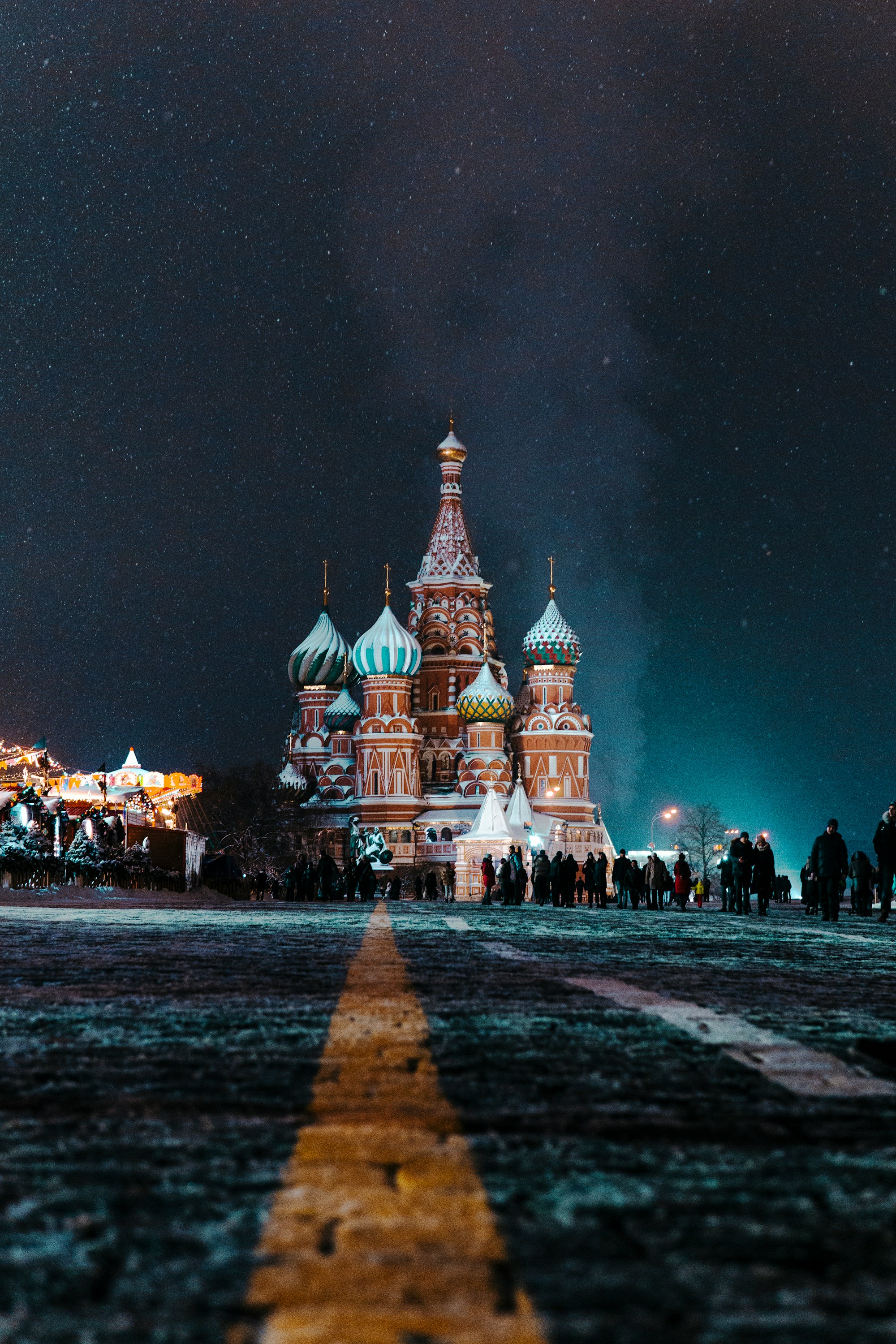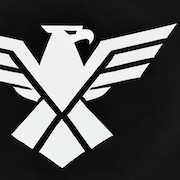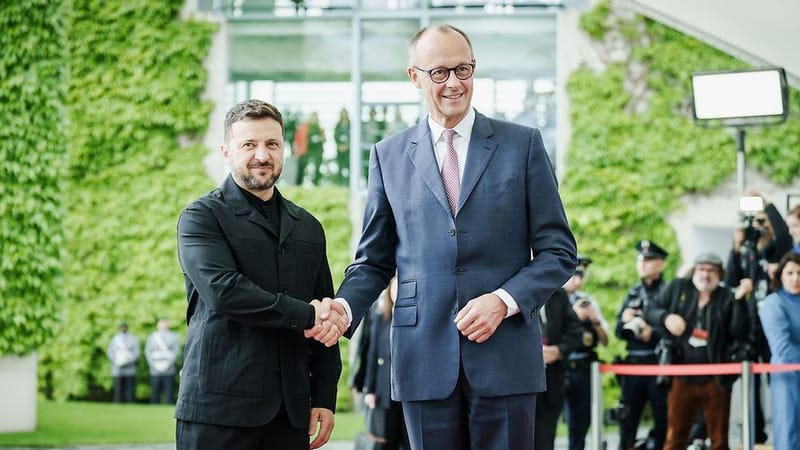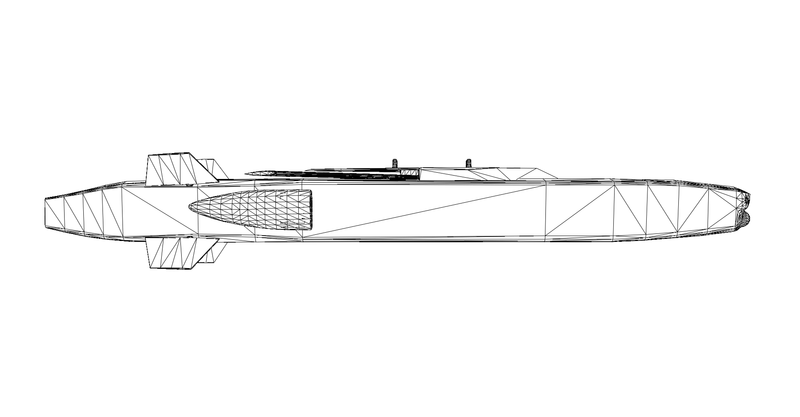Claims of German Chancellor Scholz’s Alleged Russia Trip to Putin Spark Controversy
CDU’s Kiesewetter Raises Eyebrows; Chancellor’s Office Calls Rumors “Completely Invented”

A social media post by CDU politician Roderich Kiesewetter caused a stir on Saturday when he claimed that Chancellor Olaf Scholz (SPD) intends to travel to Russia before February 23. In his widely shared post on X (formerly Twitter), Kiesewetter spoke of an “election campaign surprise” and argued that “there are increasing indications that Chancellor Scholz will travel to Moscow or meet Putin before February 23.” According to Kiesewetter, Berlin should prioritize assistance for Ukraine—currently under severe strain—rather than offering accommodation to Russia.
Kiesewetter’s Post and Background
Source of the Rumor
Kiesewetter’s spokeswoman confirmed to t-online the authenticity of the post, adding that the CDU defense expert relied on “many sources in political Berlin.” Kiesewetter’s remarks quickly drew attention on social media and in political circles, as the February date in question precedes a significant electoral timeframe in Germany.
“Election Campaign Surprise”
The CDU politician labeled Scholz’s alleged plans as a “Wahlkampfüberraschung” (election campaign surprise). He insisted that Russia’s economic and social situation is dire—“up to its neck in water”—yet emphasized that Ukraine’s position is even more precarious given the ongoing conflict. Therefore, Kiesewetter argued, any potential talks or meetings should aim to increase support for Ukraine rather than benefiting Russia diplomatically.
Chancellor’s Office: “Free of Any Basis”
Firm Denial of Travel Plans
Asked by t-online about a possible Scholz trip to Moscow before the German federal election, a government spokesperson responded unequivocally that “reports of alleged travel plans by the Chancellor to Russia are entirely invented.” The spokesperson also reiterated that the Chancellor’s official itinerary is typically published on the Friday of the preceding week.
Silence on Possible Putin Call
While the Chancellor’s office rejected any rumor of an impending trip, it declined to clarify whether a phone call or meeting with President Vladimir Putin—separate from an actual physical visit—might be on the agenda.
Context of Previous Scholz–Putin Contact
November Phone Conversation
In November, Scholz’s telephone call with Putin ignited criticism from Ukrainian President Volodymyr Zelensky. At the time, Zelensky described the outreach as “opening Pandora’s box,” arguing that such direct talks inadvertently further Russia’s desire to break out of international isolation. In Zelensky’s view, the discussion would be unlikely to produce meaningful results to end the war.
Kremlin Reaction
Following the November call, President Putin offered a brief assessment at a press conference: “He [Scholz] laid out his position. I set out mine. On the Ukraine issue, we stayed where we were in our opinions.” Nevertheless, Putin left open the possibility of future dialogue: “A conversation could happen again at any time.”
Impact on German Politics
Despite the Chancellor’s office categorically denying any scheduled trip to Moscow before February 23, the question of a potential conversation—phone or otherwise—remains open. Given Scholz’s controversial November contact with Putin, any further exchanges are likely to spark debate among Germany’s coalition partners, NATO allies, and Ukrainian officials.
Kiesewetter’s allegations come amid a tense political atmosphere in Germany. With early elections looming, speculation about any high-level diplomatic moves—especially concerning Russia—has grown more sensitive. The government’s firm denial aims to quell further rumors, yet the lingering possibility of some form of contact continues to raise questions about how the Chancellor might engage with Moscow during a defining period for European security.
Key Takeaways
- Kiesewetter’s Claims: Based on “many sources,” the CDU lawmaker suggests a pre-election visit by Scholz to Moscow, characterizing it as an “election campaign surprise.”
- Government Response: The Chancellor’s office dismisses any reports of a trip to Russia as “completely invented” while withholding comment on potential phone conversations with Putin.
- Broader Context: Past direct contact between Scholz and Putin has been met with skepticism, particularly in Kyiv, highlighting persistent tensions in Germany’s efforts to balance diplomatic efforts and solidarity with Ukraine.

By grosswald.org – This piece is based on reporting from t-online and includes statements from official government spokespeople and the CDU’s Roderich Kiesewetter.





